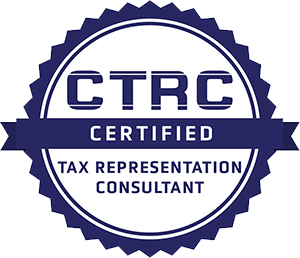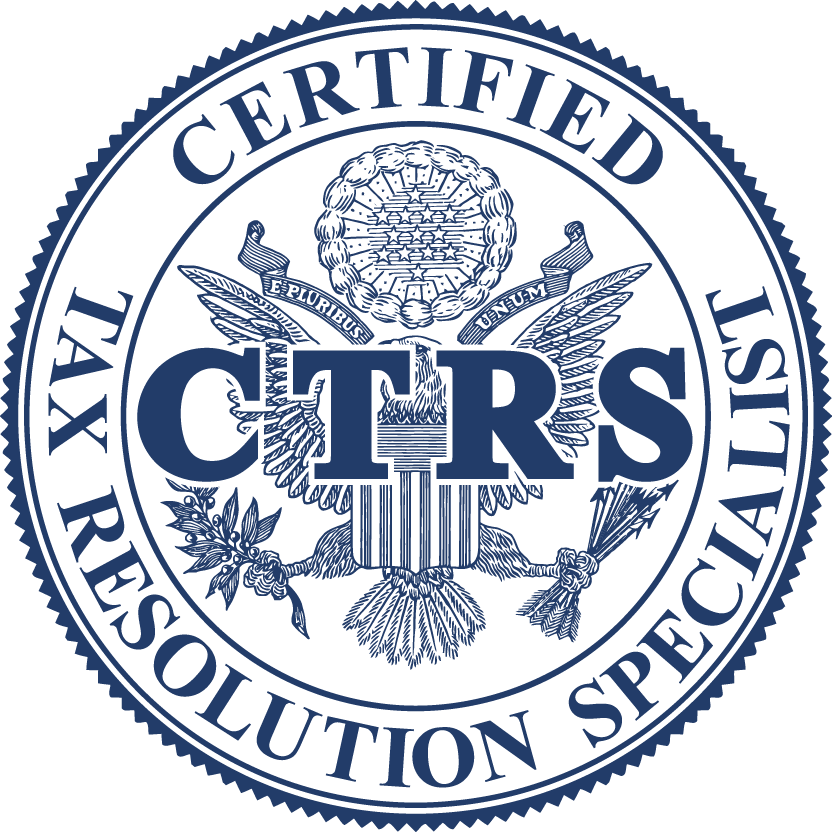IRS Tax Levy
The notice of levy empowers the government to take and seize any property that belongs to the taxpayer or any property that has a federal tax lien attached to it unless exempt. Wages, salaries, commissions, bank accounts, retirement accounts, federal payments, houses, cars, and other property are fair game for the taking by the government.
Before property can be levied, the owner must be given a:
- Notice and demand for payment
- Notice of intent to levy, and
- Notice of a right to a Collection Due Process (CDP) hearing.
The levy can be served in person, left at taxpayer’s residence, or mailed via certified mail to the taxpayer.
There are exemptions to what can be taken and minimum amounts that must be left alone, but the taking of so much in wages, properties, and more, can send you into financial despair and emotional distress.
Exemptions include:
- 85% Unemployment benefits
- 85% Worker’s compensation
- 85% Social Security
- 85% Certain public assistance payments
- Certain military service-connected disability payments
- Certain annuity and pension payments
- Judgments for support of minor children
- A portion of wages equivalent to: the taxpayer’s standard deduction plus his or her personal exemptions divided by the number of pay periods.
As with tax liens, this does not signal the end of the road. There are steps that can be taken to get the you back into compliance, and then it’s a matter of collecting and documenting information, and working through the options to see how best to proceed with the case to achieve a release of the levy. We can stand for you before the IRS and help smooth this road for you.
![]()
![]()
![]()
![]()



